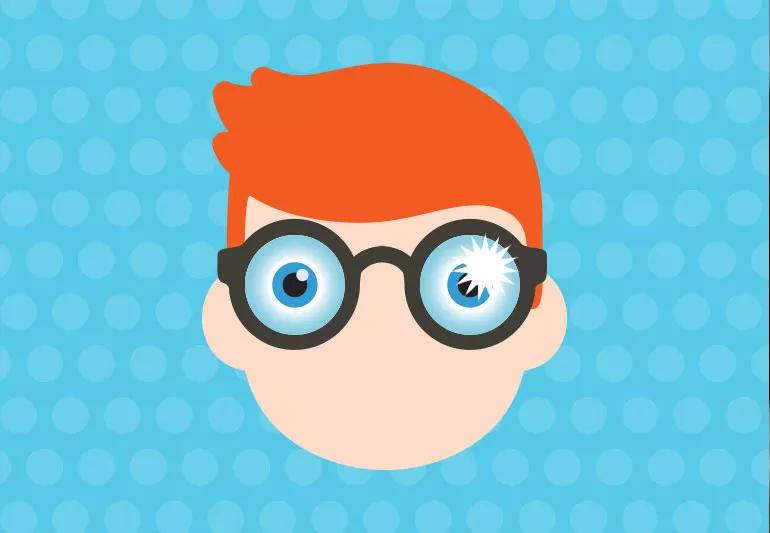Find out why you see flashes and spots

Do you ever see something drifting across the sky and discover that it’s actually drifting across your eye?
Advertisement
Cleveland Clinic is a non-profit academic medical center. Advertising on our site helps support our mission. We do not endorse non-Cleveland Clinic products or services. Policy
That would be a “floater.” Floaters are bits of debris in the interior of your eye that appear when you look at something white or very bright. “People describe them as cobwebs, spider webs, bubbles or even ‘tadpoles’,” says ophthalmologist Rishi Singh, MD.
Dr. Singh sees patients with floaters and “flashes” every day. Flashes often accompany floaters and look like a camera flash going off when you close your eyes or wake up in the middle of the night.
Prompt appointments are especially important if you see many floaters — or if floaters are accompanied by flashes.
If you’ve had floaters for 40 years, you don’t have to see your ophthalmologist. But if you have ‘recent-onset’ floaters — if they weren’t there yesterday or last week — see an ophthalmologist that day or the next.
Flashes are more ominous than floaters, notes Dr. Singh, because they signal an irritation of the retina from tugging, tearing, inflammation or infection.
“When the retina is stimulated, the brain sees it as light because it only has photoreceptors,” he explains.
A mild tug can progress to a retinal tear, which can progress to retinal detachment — a medical emergency. Torn or detached retinas must be promptly repaired by laser surgery or another procedure to preserve vision.
Despite the fast action required, there is no need to panic, says Dr. Singh. Flashes and floaters are usually symptoms of a problem that turns out to be minor.
Advertisement
Flashes and floaters can be caused by:
Whether or not you have flashers or floaters, you can help preserve your eyes. Experts say:
Advertisement
Learn more about our editorial process.
Advertisement

Most recommended precautions center around minimizing bruising or swelling

Even one drink can have an impact on your cognitive function leading to slurred speech, blurred vision and impaired memory

Understand who may (and may not) benefit

Lorem ipsum dolor sit amet. Et odio Quis vel ipsam omnis eum alias deleniti et placeat impedit non voluptas galisum hic autem enim et cupiditate aliquid. Est beatae quidem non facilis autem ut commodi nisi aut tempore rerum et dolores voluptatem cum enim optio id sapiente quasi. Ad laboriosam officiis 33 cupiditate sequi ea voluptatum consectetur qui necessitatibus voluptate et quasi doloremque et facere explicabo quo explicabo officia

Seeking help through therapy can be an important step in improving your quality of life when you have UC

Type 2 diabetes isn’t inevitable with these dietary changes

Applying a hot or cold compress can help with pain